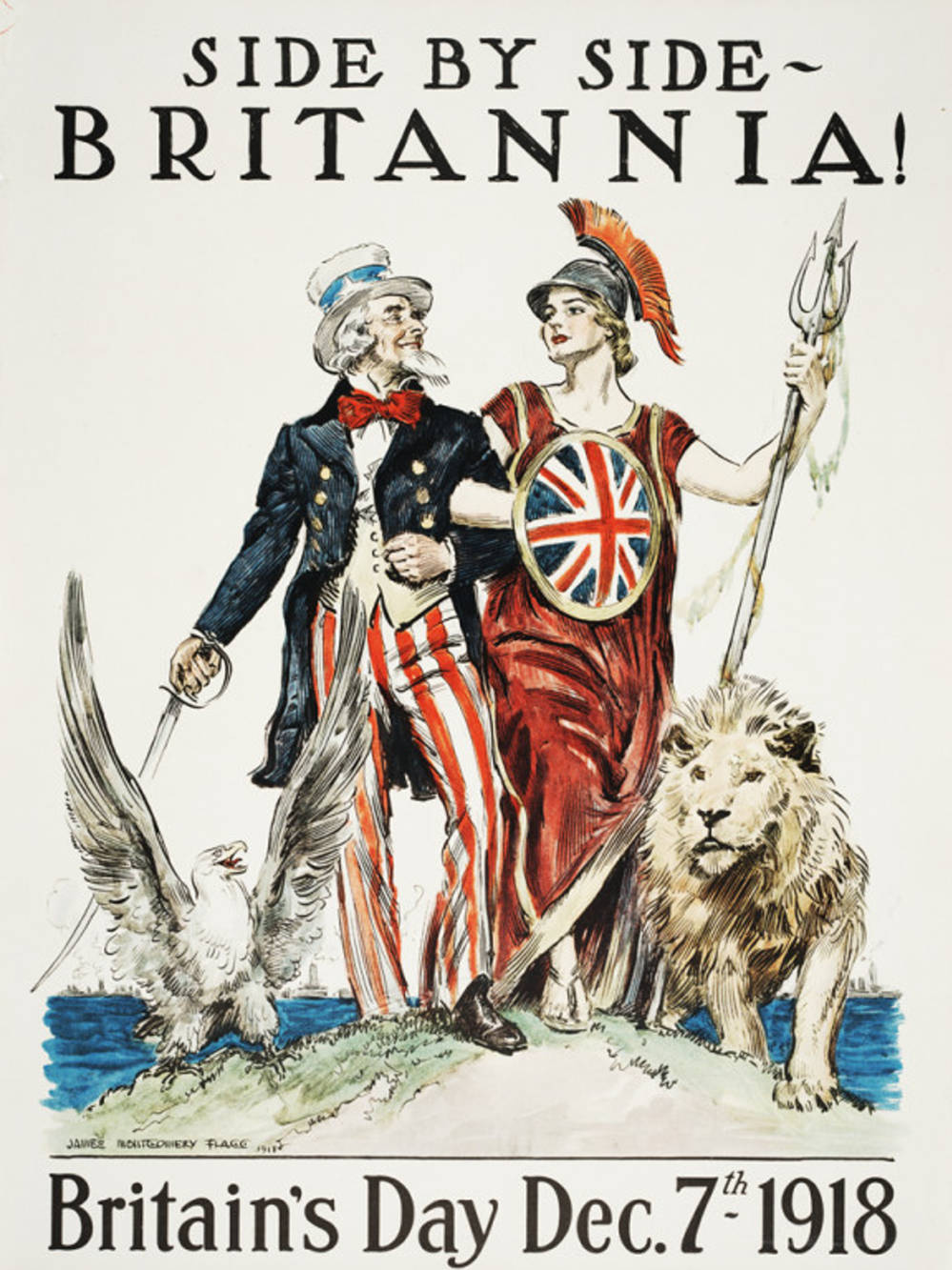Topic outline
-

This course draws upon the knowledge that students acquired during their bachelor's studies. It allows them to gain closer familiarity with significant and/or popular British and American authors and the texts they have written in English throughout the centuries in a wide range of styles and genres. In doing so, the course's main aim is to provide students with a deeper knowledge of specific authors and works in their cultural context.
The course is based on an in-depth reading of several selected works of American and British fiction, followed by discussion in class. Students will gain insight into the texts, understand their literary structure and deepen their reading skills. Discussions will also address the cultural dimensions of the works and the way cultural issues appear in the texts.
General Requirements:
Active participation in class, independent reading and study, written assignments. The course concludes with a classified credit which the students obtain after having fulfilled all the course requirements.
Unless specified otherwise, combined study students follow the same course requirements and have the same form of assessment.
-
-
These PP presentations outline a few details concerning the beginnings of imperialist attitudes, often manifest in British writings/works. The file also contains the text of Rule Britannia!
-
This article outlines the evolution of one of the concepts most prominent in US writings/works, i.e. the American dream.
-
A blog post on multiple aspects of the impact of British literature on global literature.
-
-
-
Link to the full text of M. Shelley's Frankenstein.
-
-
This article outlines what role the Pilgrims and Puritans played in the settlement of NA, and it discusses the ideology that is their American legacy.
-
A summative overview of the cultures of Colonial North America, which details the darker side of Puritanism.
-
This guide lists materials held by the Library of Congress and some external resources on this topic.
-
-
-
-
-
Disinformation Nation is an education project of the Freedom Forum Institute, a nonpartisan organization headquartered in Washington D.C. The Freedom Forum Institute carries out its work through its programs, initiatives and conferences on First Amendment freedoms; education programs about the five freedoms in the amendment; exploration and education of the intersection of religion and public life; and efforts to encourage journalistic excellence, diversity and workplace integrity in the news media. You can find Disinformation Nation lesson plans at NewseumED.org/disinfo.
-
-
-
-
-
-
The British Council database created to provide a snapshot of contemporary British Literature, offering unique critical perspectives of the work of some of the writers living and working in the UK today.
-